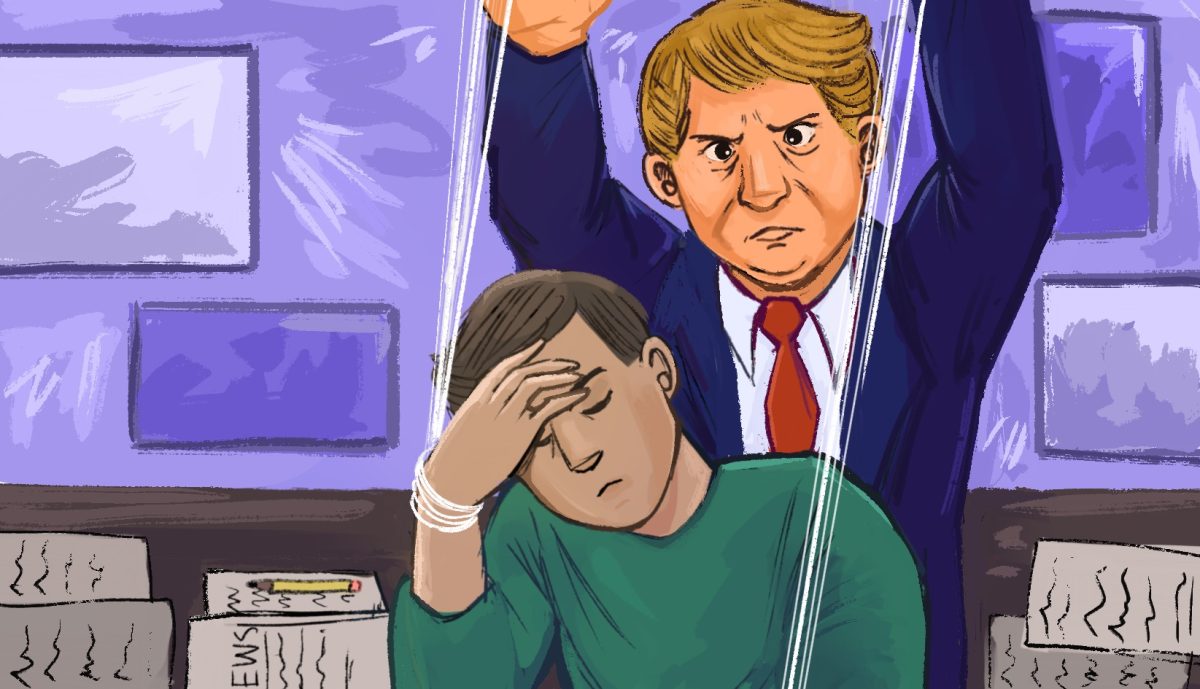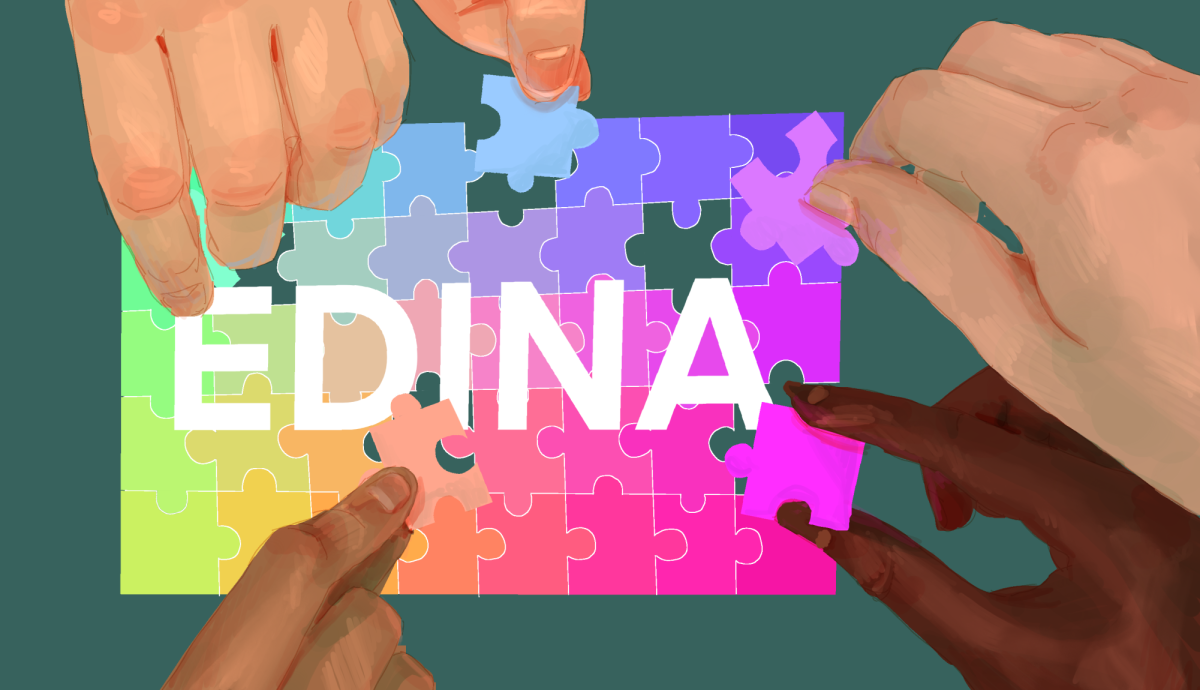In 1992, Bruce Paule died of lung failure. He was in his late fifties and on the donor list for a new pair of lungs. All patients on the list were given a pager that would ring when a lung was ready. They would have one hour to get to the hospital. He spent his last ten years living within an hours drive away from his hospital. He got a call for a new pair of lungs, but he didn’t answer it, his pager had died and he missed the call. He never got to the top of the list again.
Bruce was my great uncle, whom I never met. Obviously organ donation is close to my heart and I am a strong proponent of it, but I still feel like there are enough benefits that everyone should become a donor, or at least strongly consider it.
I realize that some may be concerned by where your body parts will go after you die, but what’s the point in freaking out if we wont be there to see what happens to us. Our bodies aren’t of any use to us after we die, and they will just rot in the ground if they are not used. According to the U.S. Department of Health and Human Services, one body donation can save a at least eight lives. And with over 112,518 people waiting for an organ, the need isreal.
Yes, there are artifical substitutes to many organs, but they don’t replace a cadaver’s organ. An artifical heart valve puts the patient on life-long blood thinners, and an animal valve will wear out in ten years, while a human valve will last a lifetime. The need for organs is constant and growing. Each day, 19 people who are waiting for an organ die.
When you pass your license test or get a renew your license you are given the option of becoming an organ donor. People eighteen years or older also can also join the Be the Match registry which is the organization for bone marrow donations. Blood is also a constant need which students over the age of 16 can help by donating at the school’s blood drive or donating on their own time at Red Cross locations.
It may not seem like a big commitment now, but in the end you can save multiple lives.




